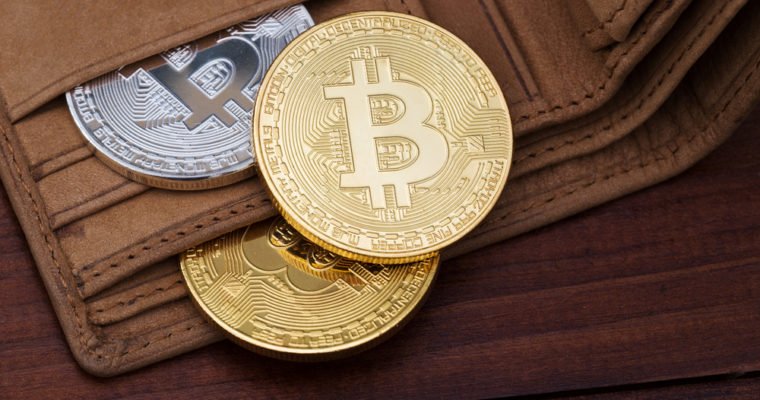
GoTenna, a decentralized startup, has teamed with Samourai Wallet, a bitcoin wallet focused on privacy and security, on an app that allows users to trade bitcoin when not connected to the web.
The TxTenna app marks an effort to further decentralize the bitcoin network, according to Richard Myers, a goTenna decentralized applications engineer and co-founder of Bybit AB, writing in inthemesh.com. The goTenna device allows users to join a mesh network and send information without the need for Internet access.
How It Works
With the goTenna app, the user creates a bitcoin transaction on the app while offline. The app sends the transaction to the Txtenna app, delivering it to mesh nodes. The transaction then gets relayed to other goTenna devices, eventually reaching an Internet-connected node that also runs TxTenna, which passes it on to the bitcoin network.
According to goTenna, simulations indicate less than 2 random nodes in a three-square-mile area can sufficiently provide a goTenna network.
The project offers an alternative communication layer that goTenna believes will provide a more resilient bitcoin network.
Building On Blockstream Project
goTenna has integrated its device with the Samourai Wallet’s MuleTools project, an open source project that was influenced by Blockstream’s satellite initiative to use satellites to support bitcoin network transactions, an effort to support alternative transaction systems. Myers noted that Blockstream’s decentralization measure benefits transaction verification, but leaves the need to move transactions to the bitcoin network.
The bitcoin network currently relies on ISPs that are largely run by big companies that often place commercial interest over net neutrality, Myers claimed. In 2007/2008, for instance, Comcast undermined traffic for BitTorrent, a network for downloading and file sharing.
In Search Of A More Resilient Blockchain
Should a government prohibit bitcoin, that government could enlist ISPs to block local network nodes, Myers noted.
Instances have already been recorded of private law firms, claiming alleged copyright infringements, identifying BitTorrent users based on ISP provided information.
According to JW Weatherman in his “Bitcoin Threat Model,” a bitcoin node can be duped into thinking a transaction was not confirmed, Myers noted.
The fact that such ISPs are centralized also makes them prone to disasters, he noted. The communication layer itself needs to be more resilient.
Elaine Ou and Nick Szabo suggested using shortwave radio for transactions, a project that remains in prototype.
Less common channels such as private microwave connections amateur radio repeaters, pager networks and satellites could also provide such resilience, Myers observed.
SOURCE:https://www.ccn.com/startup-teams-samourai-wallet-on-app-to-trade-bitcoin-without-the-internet/
Hi! I am a robot. I just upvoted you! I found similar content that readers might be interested in:
https://finance.yahoo.com/news/startup-teams-samourai-wallet-app-113349228.html